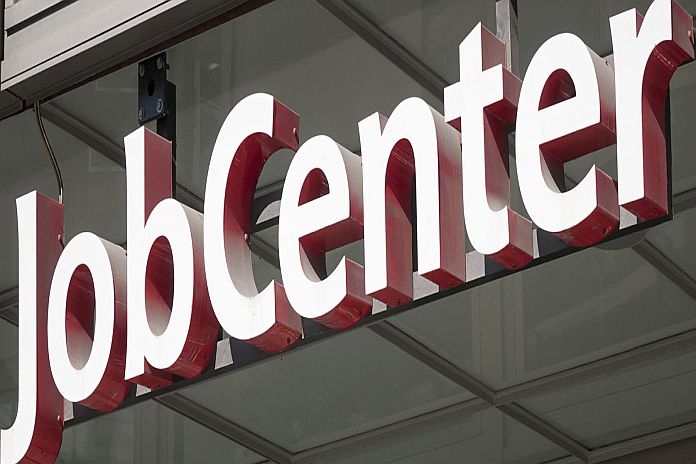By Jorge Mondragon and Marina M. Tavares
Lower-skilled and young workers were among the hardest hit from the pandemic, suffering job losses in record numbers last year. Some of those jobs may never reappear as economies readjust to a post-pandemic world. Longer-term changes appear likely in terms of the mix of jobs in the economy—some sectors and occupations will permanently shrink, and others will expand. With many unemployed workers still struggling to regain their pre-pandemic salaries and other fundamental shifts underway, incomes across workers are likely to diverge further.
As shown in our latest chart of the week, research from the April 2021 World Economic Outlook finds that job retention support (shown by the blue line) can more quickly reduce the rise in income inequality in the first few months after a crisis hits. When followed with support for workers to shift or reallocate to new jobs, our analysis shows that the combined, well-sequenced policy package (shown by the red line) can more effectively dampen the increase in income inequality over the medium term—as captured by the lower Gini index (a common measure of income inequality)—than if each type of policy was used alone.
Job retention support, including partial unemployment benefits and other subsidies to maintain workers’ links to their employers, should be deployed when the pandemic is acute and containment measures like lockdowns are in place. These policies keep more vulnerable workers from falling into unemployment, mitigating the rise in income inequality from the pandemic. For instance, the United Kingdom and Spain have had success using these policies to keep employment losses smaller.
They also maintain valuable job matches and, as such, the future income prospects of those workers who can expect to eventually get their jobs back. In emerging markets, where a large share of people work informal jobs, support policies may need to be adapted to reach these workers —Brazil and Dominican Republic, for instance, have successfully deployed cash-transfer programs targeted at informal workers.
However, not all jobs will come back. Therefore, as the pandemic subsides and economies reopen, worker reallocation support, including (re)training programs, job search assistance, and recruitment and start-up incentives, should be ramped up to shrink skill mismatches and encourage job creation, enabling unemployed workers to more quickly find new employment. Countries like Ireland and the Netherlands have already made good progress investing in worker training programs and supporting unemployed workers to find new jobs. This boosts workers’ income and reduces inequality in the long run.
The right policy package combining job retention and worker reallocation support can mitigate the negative and unequal employment impacts of the pandemic. However, the right time to pivot from retention to reallocation should depend on each country’s circumstances, including the pandemic’s path and progress in vaccine rollout.
![]()







